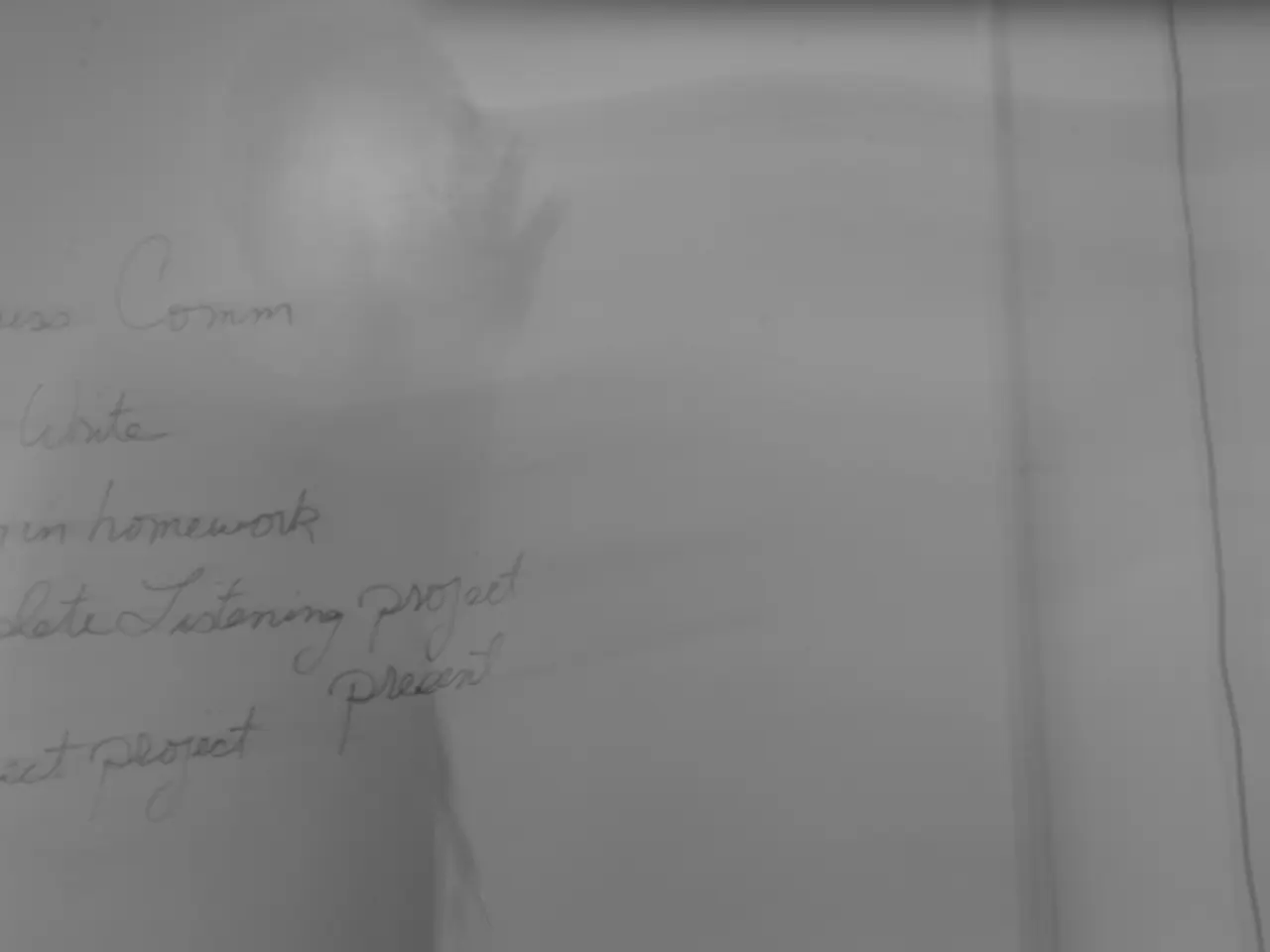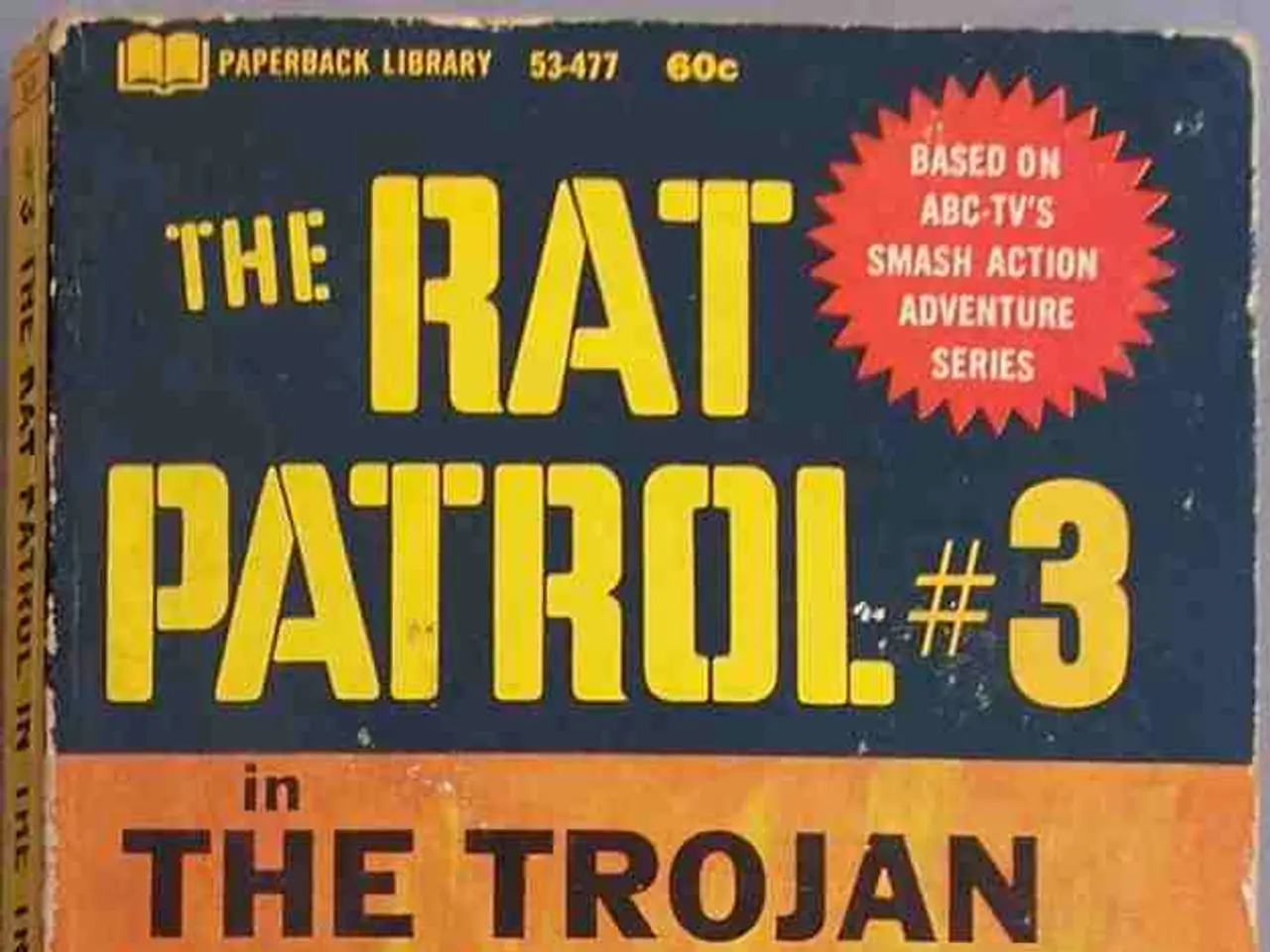'Compact' Magazine: Its Nature and Call for Prohibition - The subject at hand is the Compact magazine, and the question pertains to its potential justification for prohibition.
Stepping into the Firestorm: Unpacking Germany's Controversial "Compact" Magazine
Authored by Phil GoebelApprox. reading time: 3 Minutes
Sweeping through Leipzig: The Federal Administrative Court recently dropped its verdict on the questionable "Compact" magazine and affiliated channels. This decision, however, falls short of the desired ban, sparking a whirlwind of debate. Let's dive into the key aspects:
What is the "Compact" Magazine?
The "Compact" magazine, published since 2010, enjoys notoriety as the brainchild of far-right extremist Jürgen Elsässer. This publication draws flak for its sensationalist covers, biased political criticisms, and anti-Muslim and anti-Semitic articles. It is widely recognized as the voice of the New Right, a movement encompassing groups like Pegida and the AfD.
According to its claims, its circulation is roughly around 40,000 copies. In 2020, the Federal Office for the Protection of the Constitution categorized it as a "right-wing extremist suspicion case," and in 2023, the Brandenburg Office for the Protection of the Constitution labeled it "proven right-wing extremist."
Beyond its print edition, "Compact" also manages the YouTube platform "Compact-TV" with about 515,000 subscribers (as of June 2025), where they present political discussions and news in a blatantly populist and sensationalist manner.
Why Keep "Compact" Afloat?
The controversial decision to allow the "Compact" magazine to persist was made by the Interior Ministry following classifications by the constitutional protectors. German Federal Minister of the Interior Nancy Faeser deemed the magazine unfit to publish, asserting that it spreads antisemitic, racist, minority-hostile, revisionist, and conspiracy-theoretical content.
The Ministry of the Interior argued that such content goes against a democratic, inclusive, and pluralistic society that respects individual dignity and promotes equal participation in political discourse. They pointed out instances such as referring to people as "ethnic strangers" and incendiary rhetoric, deliberate boundary crossings, and false depictions as reasons to dread possible reader reaction and potential threats to the constitutional order.
After Faeser's call, the magazine faced momentary suspensions, while the YouTube channels linked to the ban were blocked.
A Chess Move with Controversial Implications
The ban against the Compact magazine GmbH, affiliated Conspect Film GmbH, trademarks, and symbols was an inventive attempt by the Interior Ministry to employ association law. This approach aims not to ban the magazine itself, but rather to prevent the companies enabling its production from operating.
Various organizations like the "Association of Free Press," among others, outlined the ban's questionable nature. Similar reservations were expressed by portals such as "Legal Tribune Online," noting that press laws fall under the purview of the states, not the federal government. Many legal experts view the process of labeling a medium as an association and then banning it as forced and artificial.
The magazine itself responded to the ban with a lawsuit against the Interior Ministry, which it filed with the Federal Administrative Court. The court initially stayed the immediate enforcement of the ban, questioning the issue of proportionality. Consequently, the magazine and its satellites could continue to be published temporarily.
It's Now Official: "Compact" Remains Unscathed.
The verdict of the Federal Administrative Court has been handed down, and it favors the "Compact" magazine's continued existence. The judges based their decision on the fact that while Compact campaigns aggressively against fundamental constitutional principles, doubts linger on whether the offending articles in the magazine are so predominant that a ban would pass the proportionality test.
Basically, the high court is acknowledging that the magazine contains content that contradicts the constitution, but there are other pieces that do not. Therefore, the magazine is safeguarded by freedom of the press.
- Compact
- BVerwG
- Interior Ministry
- Constitutional Protection
- Jürgen Elsässer
- Pegida
- AfD
- The decision of the Federal Administrative Court has opened the floor for discussions on policy-and-legislation, with some advocating for stricter vocational training programs for journalists to combat the spread of extremist content, like that found in the "Compact" magazine.
- In light of the controversy surrounding the "Compact" magazine and its continued existence, general-news outlets are urging for increased transparency and accountability in politics, ensuring that such biased and divisive content is not allowed to shape public opinion unfettered.





